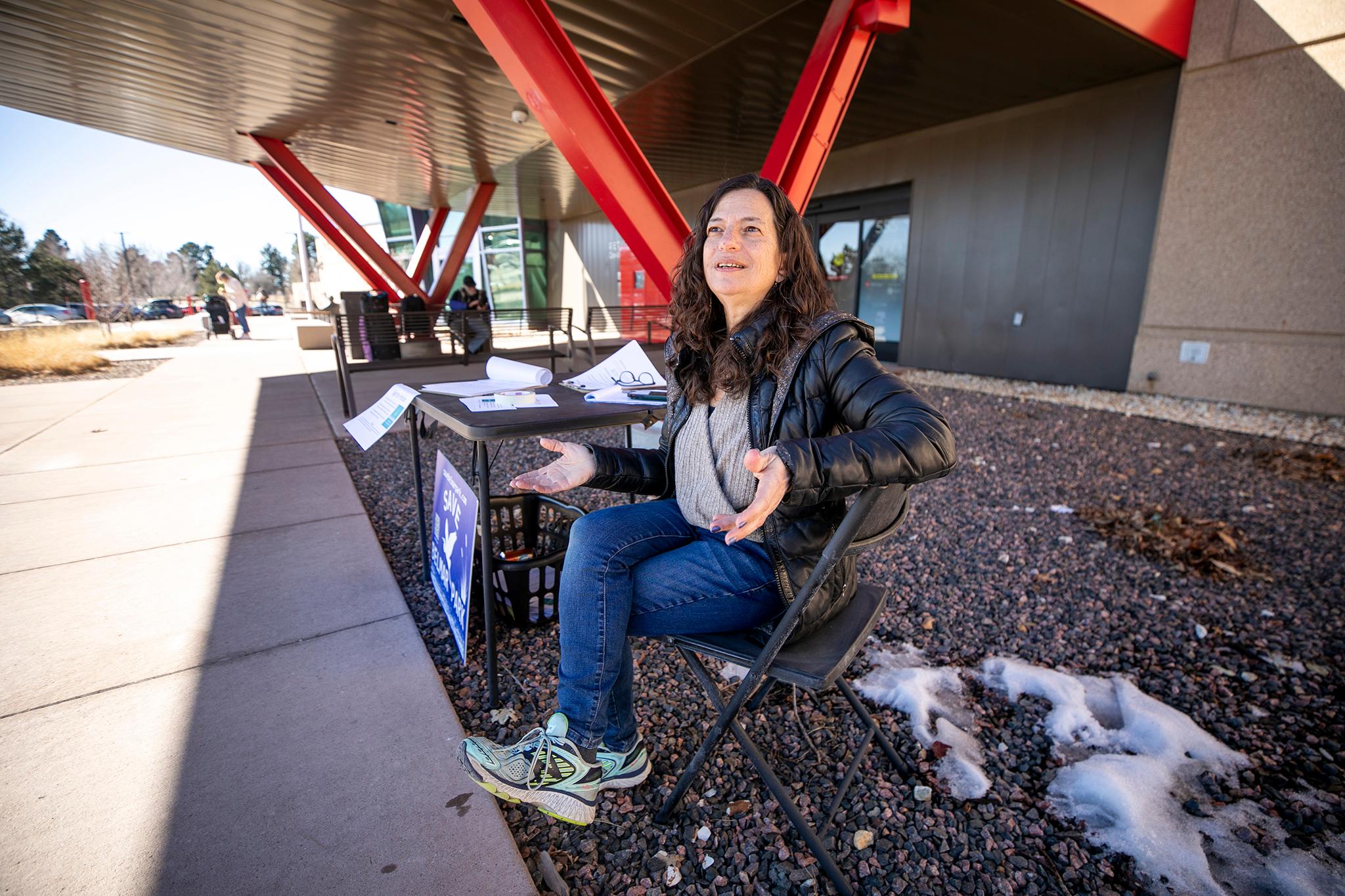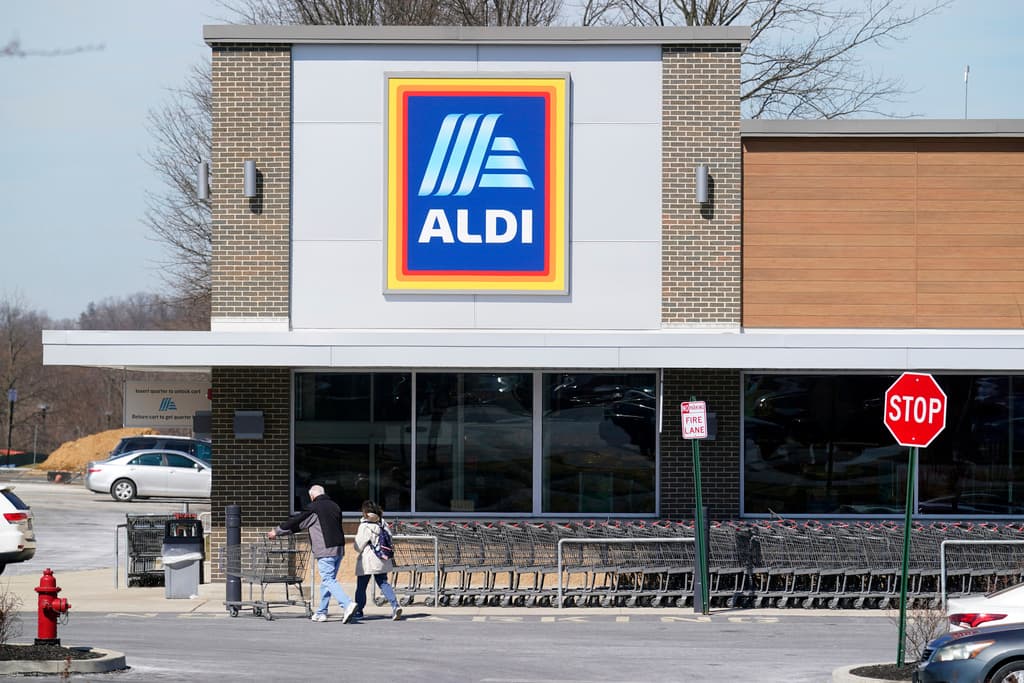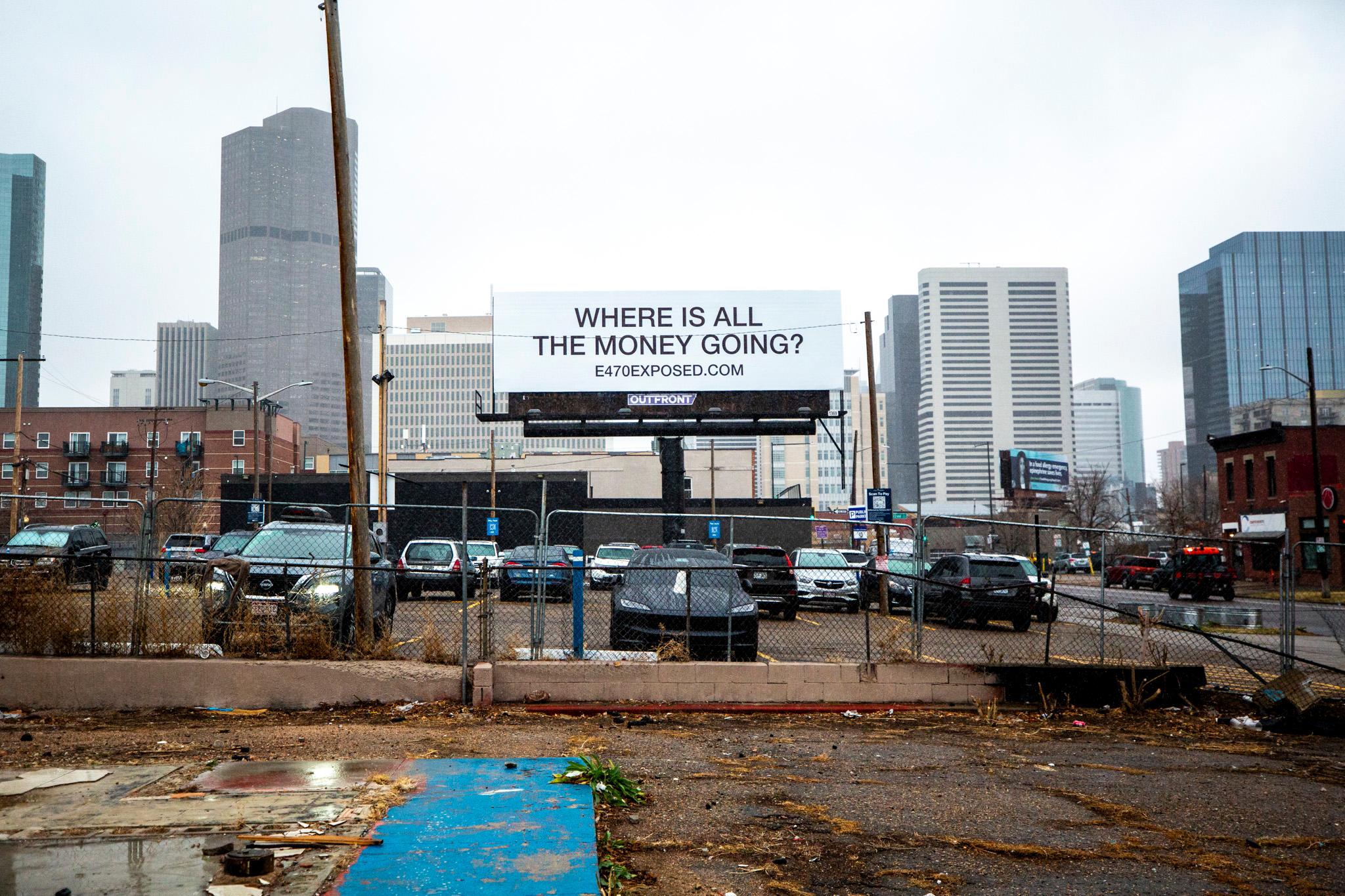On Thursday morning, Lakewood resident and former mayoral candidate Cathy Kentner stood outside the Belmar Library collecting signatures for a petition to change the city’s rules and force developers to create open space and parks whenever new, multifamily projects are created.
Lakewood has become a “concrete jungle” over the past decade, she said, pointing to new developments at Belmar and on West Colfax.
The proposed change to the law would likely slow down growth in the city, a goal of Kentner and others who argue that development is compromising the environment, disrupting the community and upending what made Lakewood a desirable community to live in to begin with: lots of green space.

The Lakewood law currently states: “All residential developers shall provide a minimum of 5.5 acres of park area per 1,000 anticipated population or cash in lieu thereof.”
Kentner wants voters to strike the cash buyout that she argues gives developers an affordable way to shirk their responsibility to keep Lakewood green.
The signature drive has launched as the city weighs approving Texas-developer Kairoi Residential’s 412-unit apartment complex, on the site of an old office building, near Belmar Park.
A group, Save Belmark Park, has been trying to stop the development, arguing it would disrupt unprotected habitat for 230 species of birds.
Kentner says that if the developer was required to create open space or pocket parks instead of buying out of that responsibility, 69 nearby mature trees could be saved.
“People can see that this is unhealthy, not sustainable, unaffordable, and destroying the quality of life that we all move to Lakewood to enjoy,” Kentner said.
Kairoi Residential, a $9.7 billion company, has not immediately responded to Denverite's requests for comment on this story, but we will update it if we hear back.
Managing growth and a housing affordability crisis has become a statewide issue.
Democratic lawmakers have been trying to address a housing affordability crisis and create mechanisms for new residential development, including passing policies targeting what they call local “anti-growth” policies. In response to state laws, Lakewood reversed its own “strategic growth” policy last year.
Meanwhile, Denver metro housing activists have been fighting to increase density, pointing to multiple studies demonstrating fewer regulations and more market-rate housing lead to lower home prices. They look to cities like Houston where fewer housing regulations have led to more affordable homes.

Chris Miller, a member of the housing activist group YIMBY Denver, says that while his group champions preserving open space and protecting the metro area’s tree canopy, he thinks there are better ways to increase density than opposing individual developments. His group’s fighting to eliminate government-mandated parking minums that require developers to add parking to their projects and also pushing to build more density near transit to reduce car dependency.
The advocacy organization Up for Growth published a recent report stating that Colorado is behind more than 100,000 units of needed housing in order for the market to stabalize. The Denver Housing Authority’s former director told Denverite the city is behind 60,000 units of income-restricted housing alone.
Building apartments allows developers to concentrate more housing in a smaller amount of space, cutting back on sprawl.
“One of the major reasons we support more infill is that so that fewer trees have to be cut down,” Miller said. “But we also need housing.”

Kentner doesn’t buy that the state needs more housing, in general. Instead, she wants to see more income-restricted and naturally affordable housing.
Increasing supply of market-rate housing alone, as she sees it, won’t provide that.
“That is a wonderful theory of trickle-down housing that has never played out in reality,” she said.
Kentner would support dense housing that came with an increase in protected open space. But without that, she's concerned new development with threaten the health of children and other residents.
"People can see that this is unhealthy, not sustainable, unaffordable, and destroying the quality of life that we all move to Lakewood to enjoy," she said.
Correction: The City of Lakewood is still considering approving the development.











